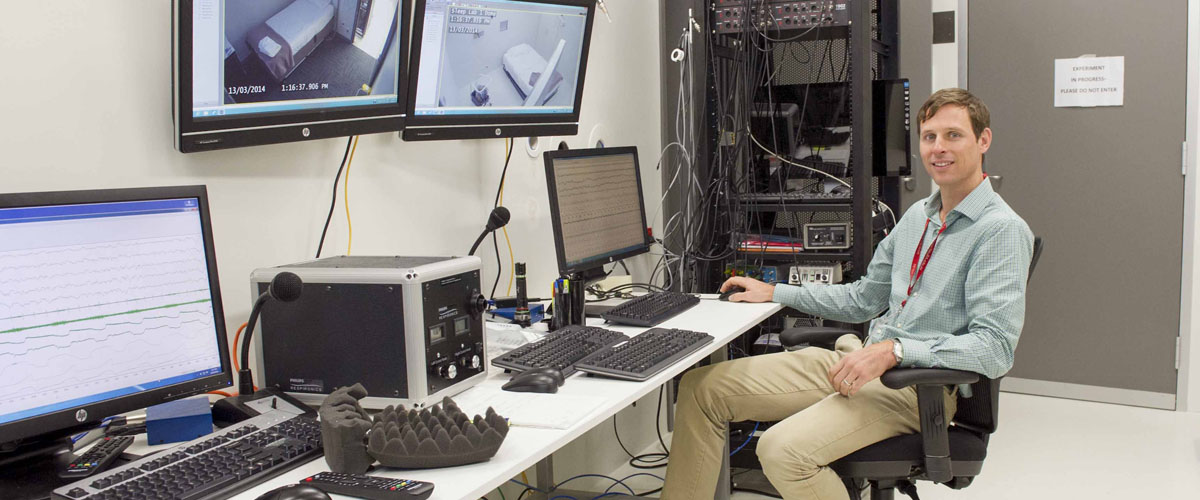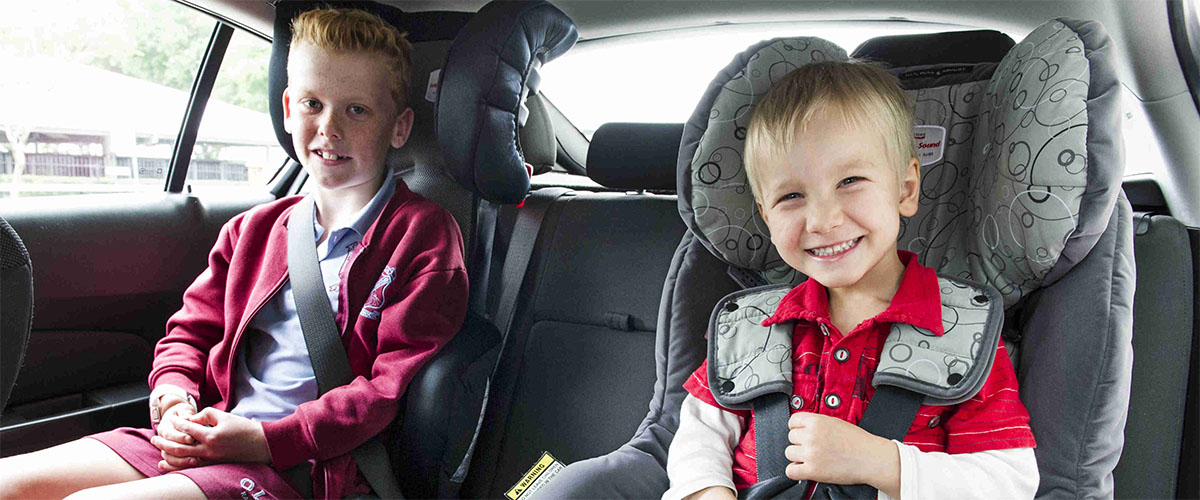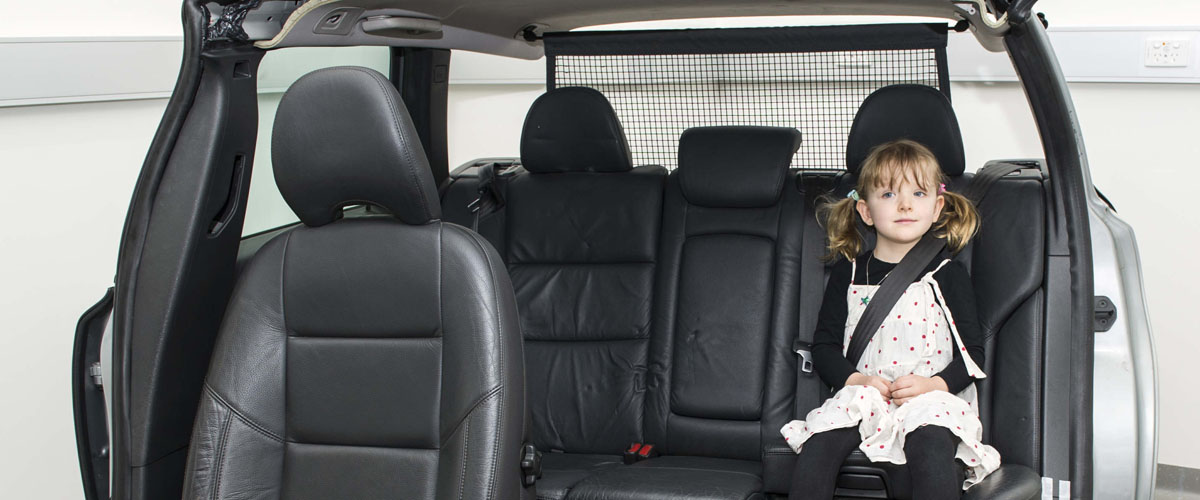Professor Danny Eckert, Head of the NeuRA Sleep and Breathing Lab, said caffeine can’t replace a good night’s sleep. If you’re awake for 19 continuous hours, your level of fatigue is equivalent to a Blood Alcohol Level of .05; By 24hrs this has reached the equivalent of twice the legal limit.
“While you’re awake throughout the day, chemicals such as adenosine build up in the brain which make you feel sleepy- this isn’t something you can fight,” said Prof Eckert.
“Driving fatigued is just as dangerous as driving under the influence and fatigue combined with a legal amount of alcohol is even more likely to result in a crash.”
Fatigue is one of the big three killers on NSW roads; whether travelling for a family holiday or Christmas lunch it is imperative to be aware of signs of fatigue.
“Rolling down the windows, turning the radio up, and struggling to keep your eyes open while driving are all signs of drowsiness which can lead to falling asleep behind the wheel, or having impaired judgement on the road,” said Prof Eckert.
Transurban Group General Manager, NSW, Kristine Cooney said the Transurban Road Safety Centre at NeuRA is committed to improving road safety for all motorists across Australia.
“The holiday season is a time when many families are travelling longer distances and on roads they are less familiar with,” said Ms Cooney.
“We know many drivers may not be good at judging how tired they are when they get behind the wheel, this is more of a reason to ensure people are properly rested before travelling.”
Good sleep starts with good habits which can be introduced at home. Professor Eckert suggests a regular sleep routine and bed time, not using your smart phone one hour before going to sleep to avoid blue light stimulation, bringing the lights down in your environment, and avoiding caffeine after 2 pm.
“To avoid fatigue on long journeys the message is simple, it is one we all know well. Stop. Revive. Survive,” said Ms Cooney.



